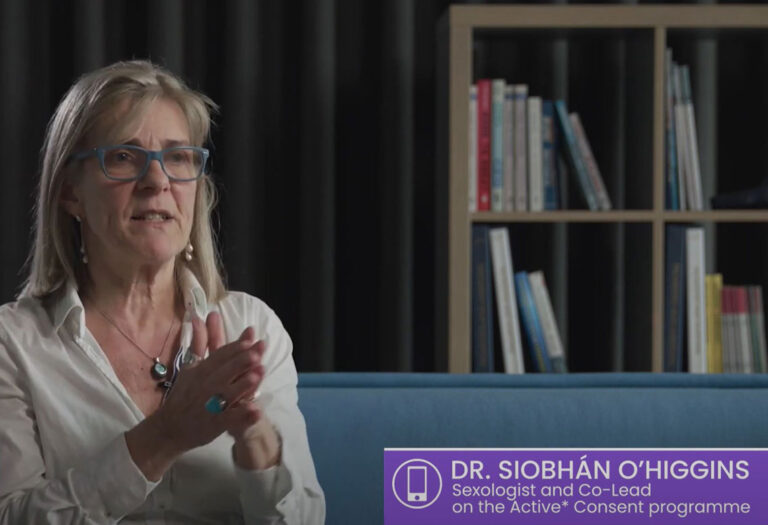
A glossary of Cyberbullying Terms every parent should know about
Cyberbullying is a complex problem that is rapidly evolving every day. It’s vital that teachers, parents and carers know as much about it as possible.
The last thing any parent or carer wants to imagine is their child being bullied or harassed online.
Unfortunately, burying our heads in the sand to avoid the prevalence of this issue won’t make it go away. Forewarned is forearmed.
In this section, we discuss what you need to know about online grooming, exploitation and cyberbullying.
Topics covered include Parental Controls, Online Pornography, Fake News, Online Dating and Online Challenges.
Dr David Coleman offers expert advice on the signs that your child may be experiencing cyberbullying and where to go for support in that case.
He also explains why some children might resort to cyberbullying to deal with their own pain and how to talk to your child about online empathy.

Cyberbullying is a complex problem that is rapidly evolving every day. It’s vital that teachers, parents and carers know as much about it as possible.

Sexologist and Co-Lead on the Active* Consent programme Dr. Siobhán O’Higgins talks about the effect of social media on our teens

When it comes to school life, bullying has always been a concern. In more recent times the issue of cyberbullying has become more prevalent.

When it comes to entertaining children of any age, particularly during the school holidays, the pastime of choice for many children and teenagers is playing video games.

If you’re worried that your child may be bullying someone online, there are certain signs you can watch out for.

Cyberbullying can take several forms and rarely affords any ‘time-out’ for the bullied person due to the relentless nature of the behaviour.

It can be an upsetting time but there are practical steps you can take if you think your child is experiencing cyberbullying

With most online sites and services offering kid-friendly settings, it can be tempting to assume that your child is in safe hands.

If you remember a time when the easiest way to answer a question was to find it in a book, you’re most likely a so-called ‘digital immigrant’.